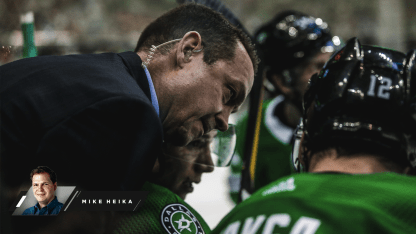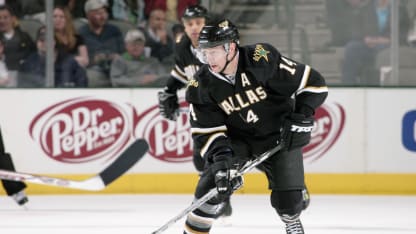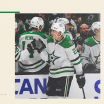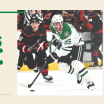Stu Barnes has had his fair share of great memories in his life, helping Team Canada win the gold medal in the World Juniors in 1990, playing with the upstart Florida Panthers in the Stanley Cup Final in 1996, and playing with the Buffalo Sabres against the Stars in the 1999 Cup Final.
And while those thoughts are always with him, he also likes the fact he's forging new memories as an assistant coach.
Barnes, 48, is in his second season with the Stars after also serving as an assistant coach in Dallas from 2008-11, and said he loves the thrill of the playoffs and helping the Stars get better.
Barnes using own experience to help Stars through pressure of playoffs
The assistant and former Dallas center still loves the thrill of the postseason as much as he did in his playing days

Stu Barnes brings young perspective to Stars bench

STL@DAL, Gm4: Spezza hammers PPG past Binnington


















